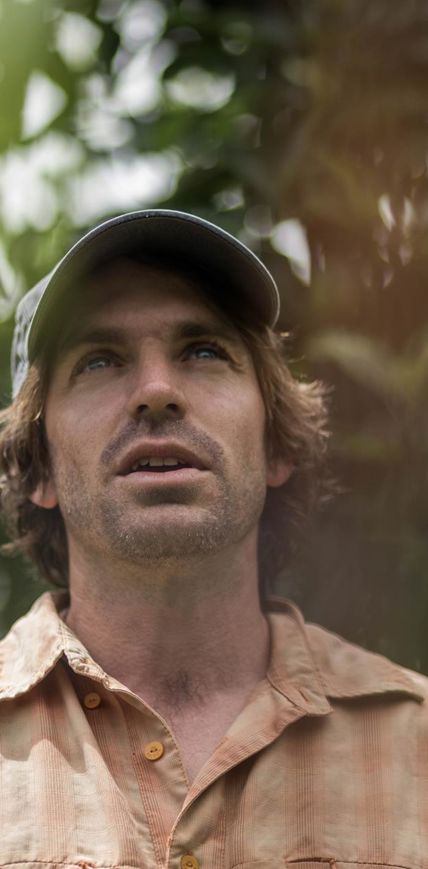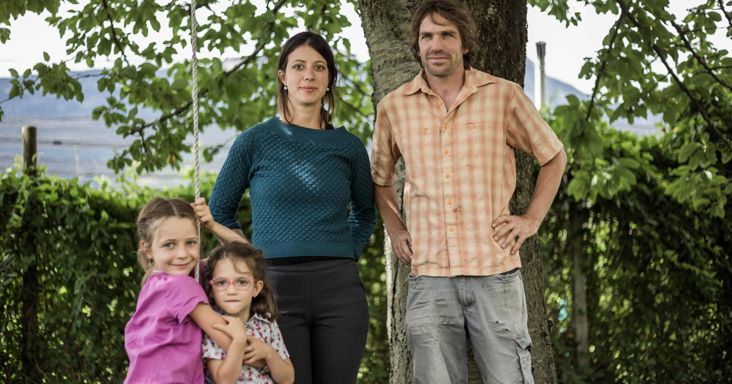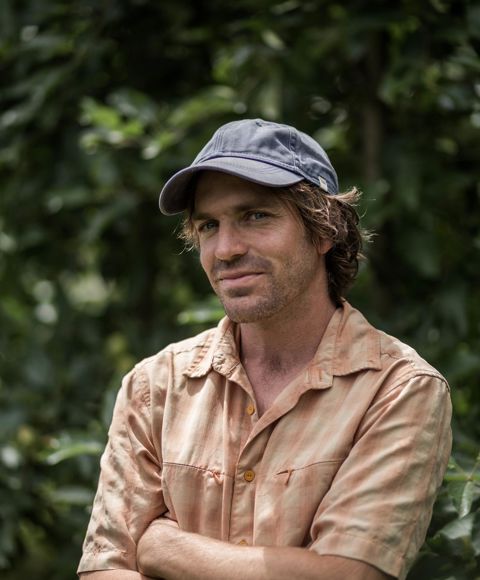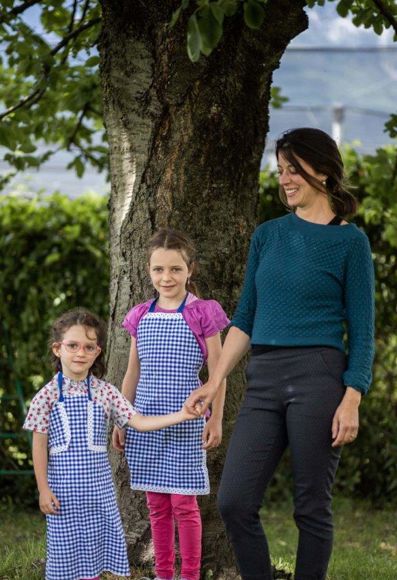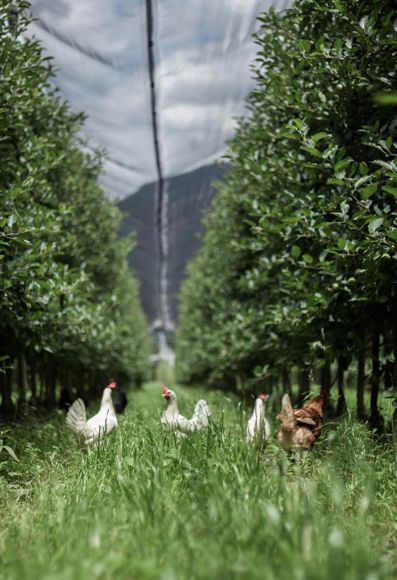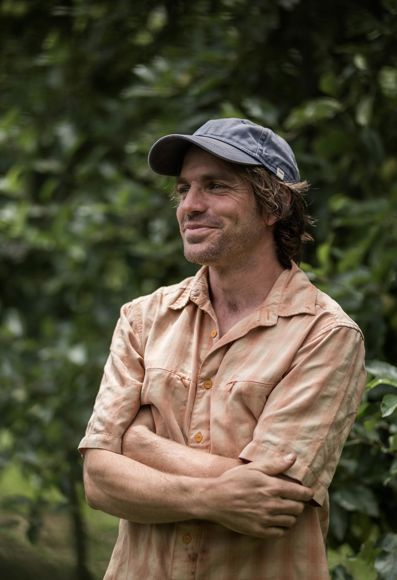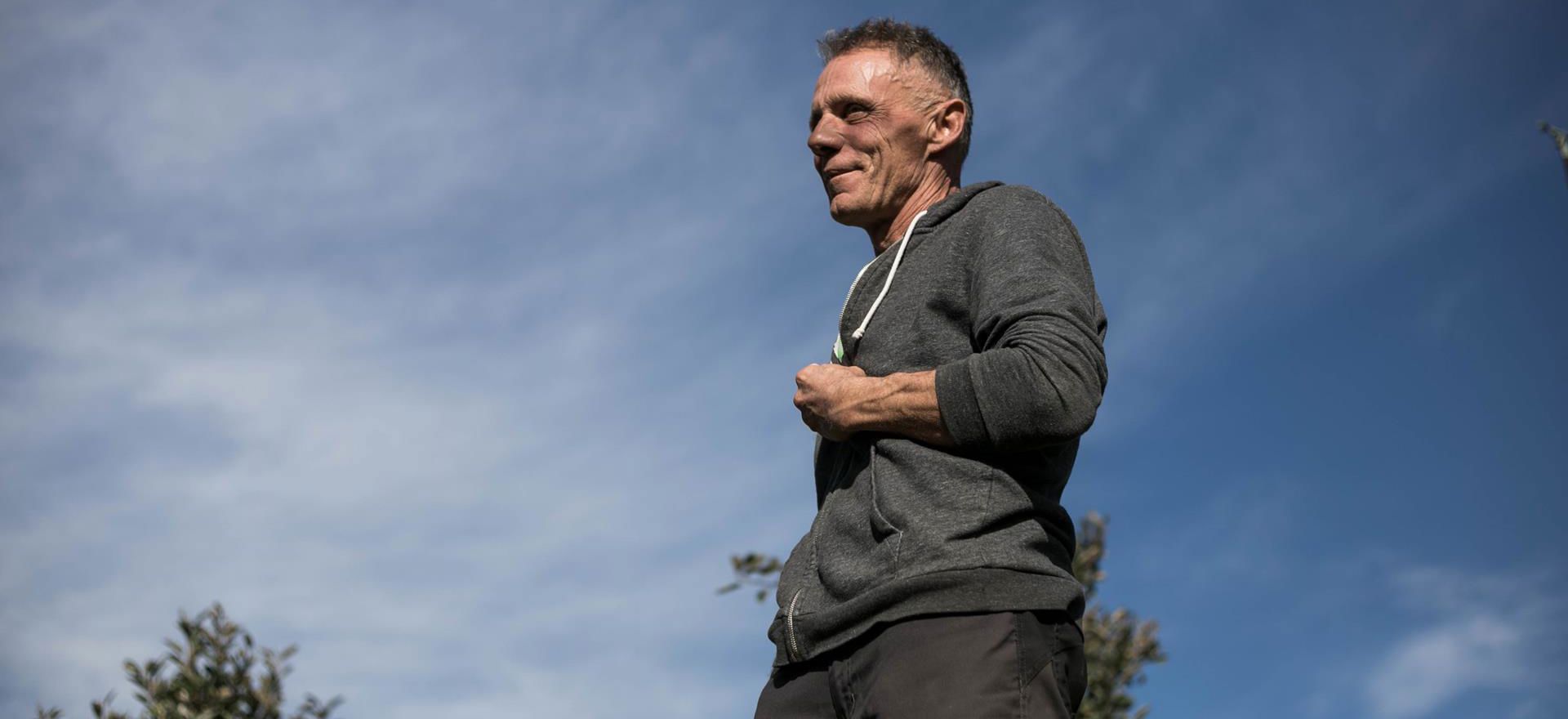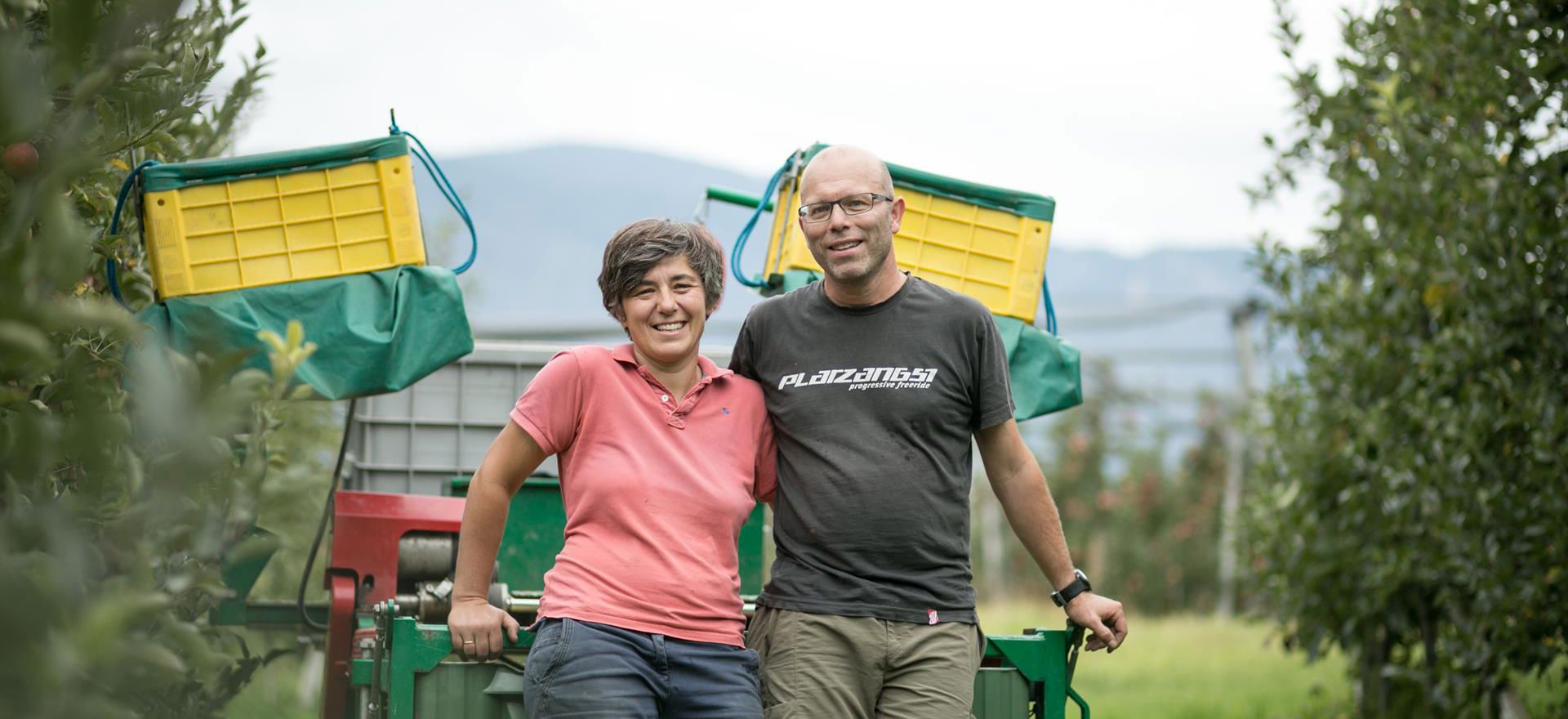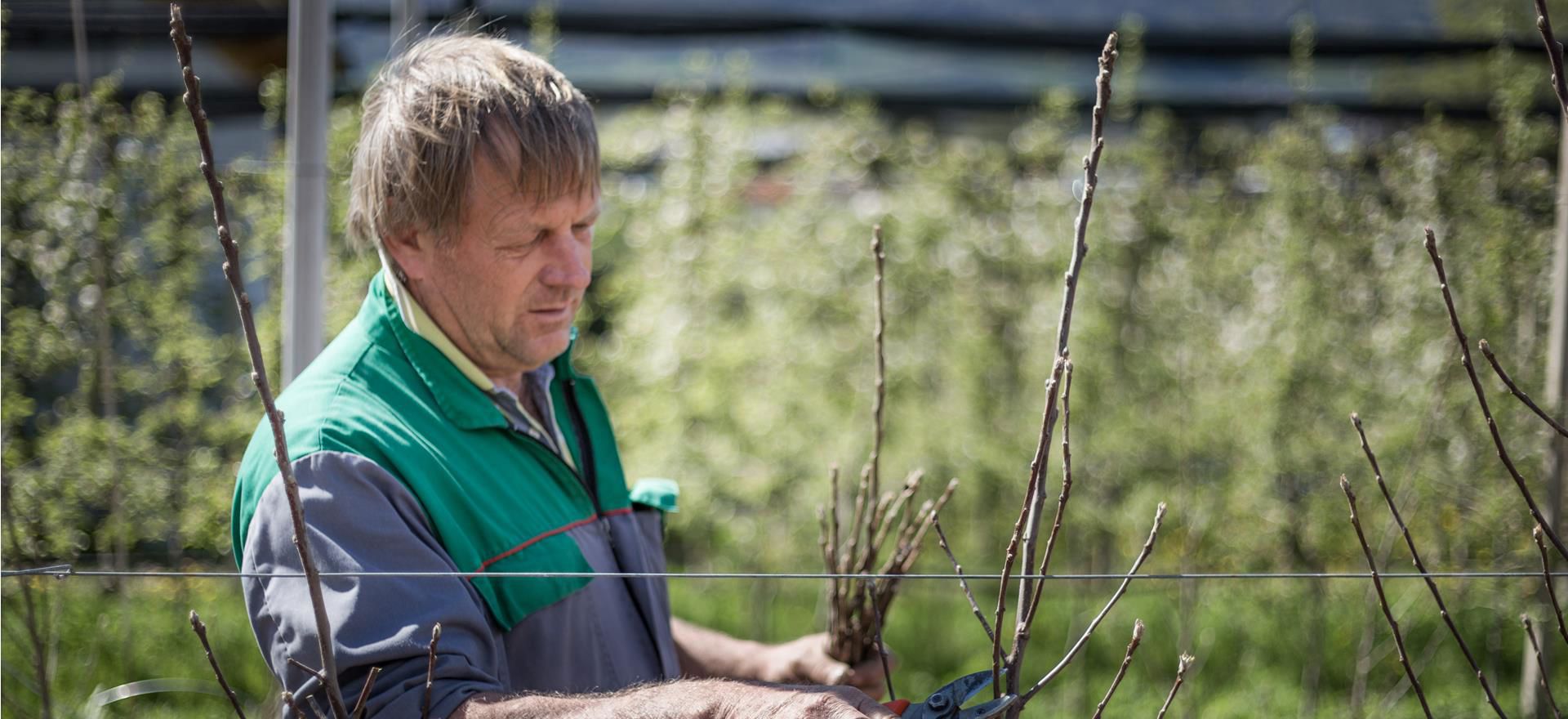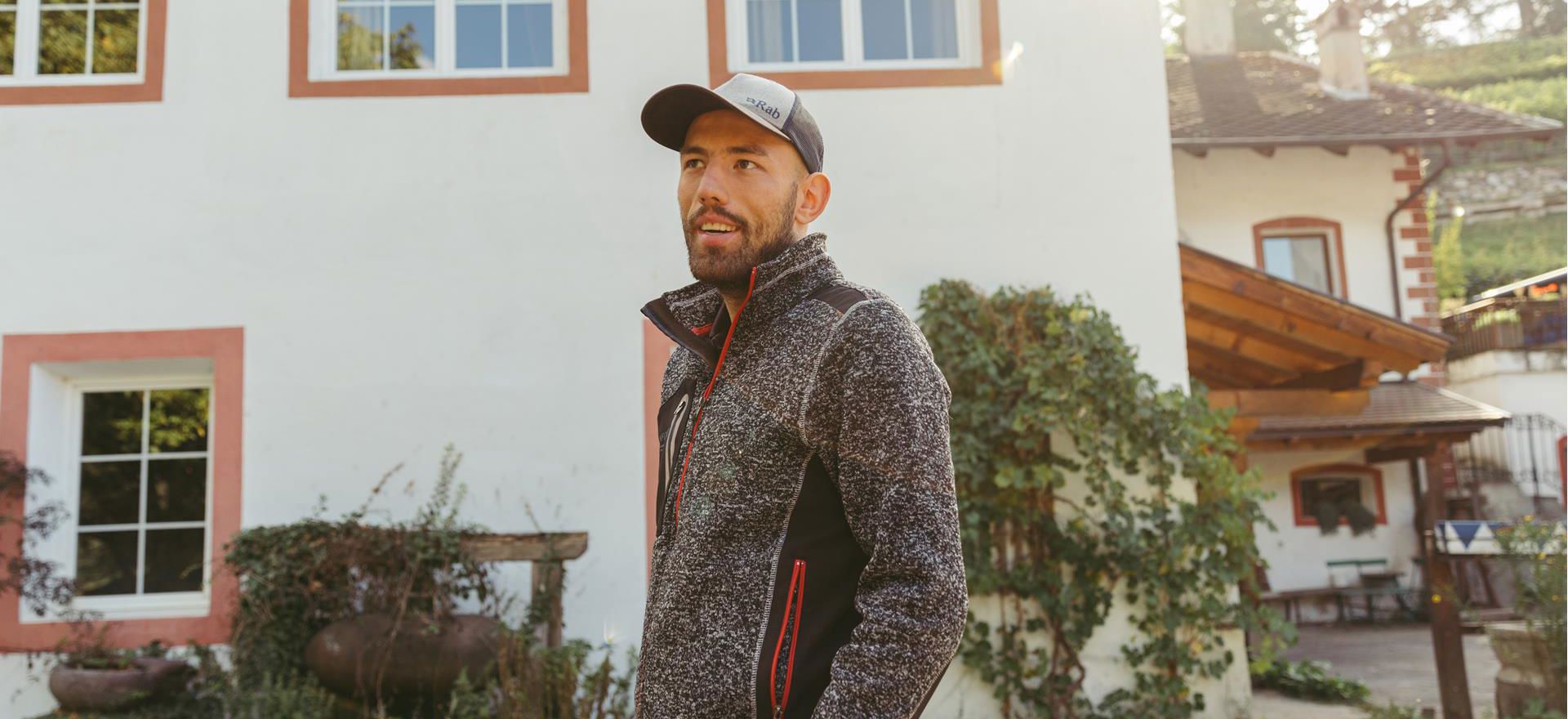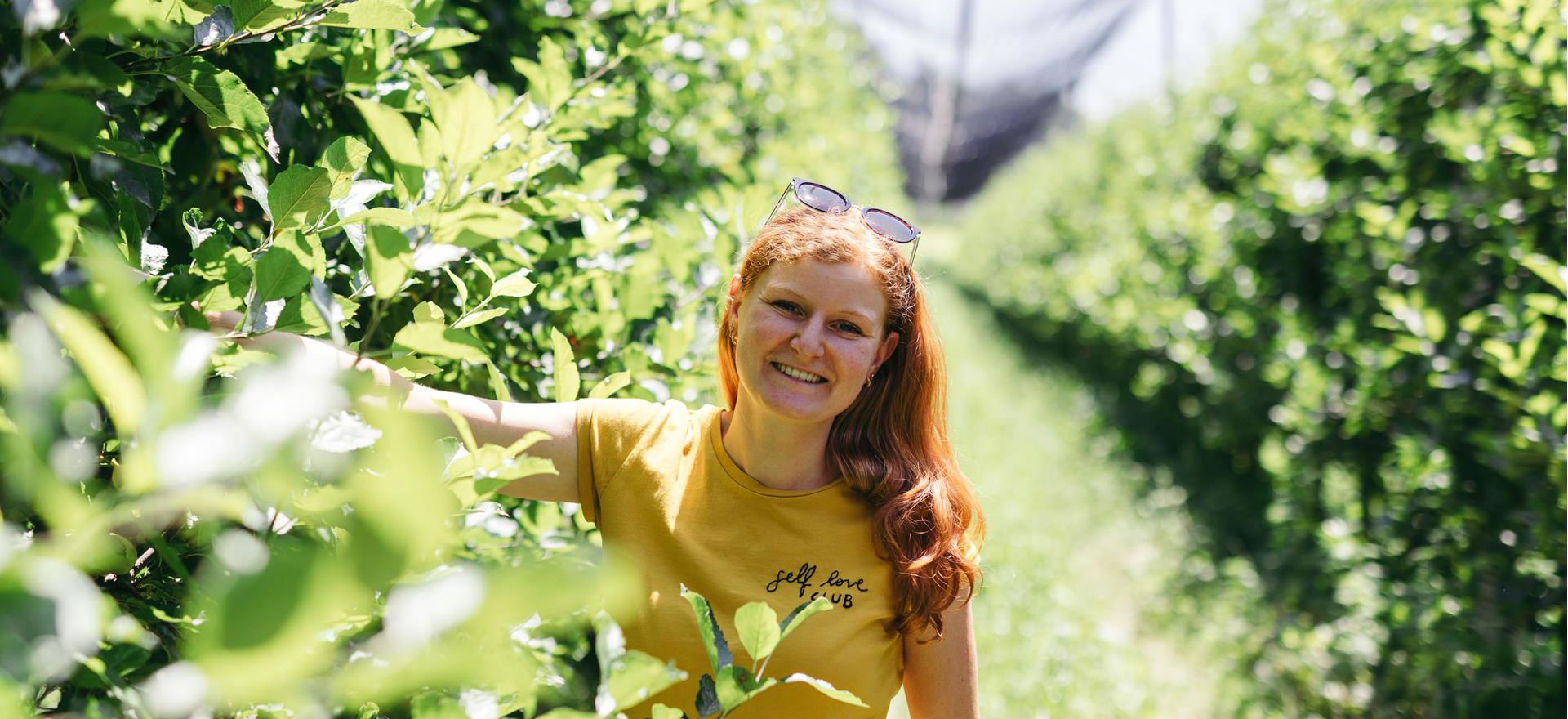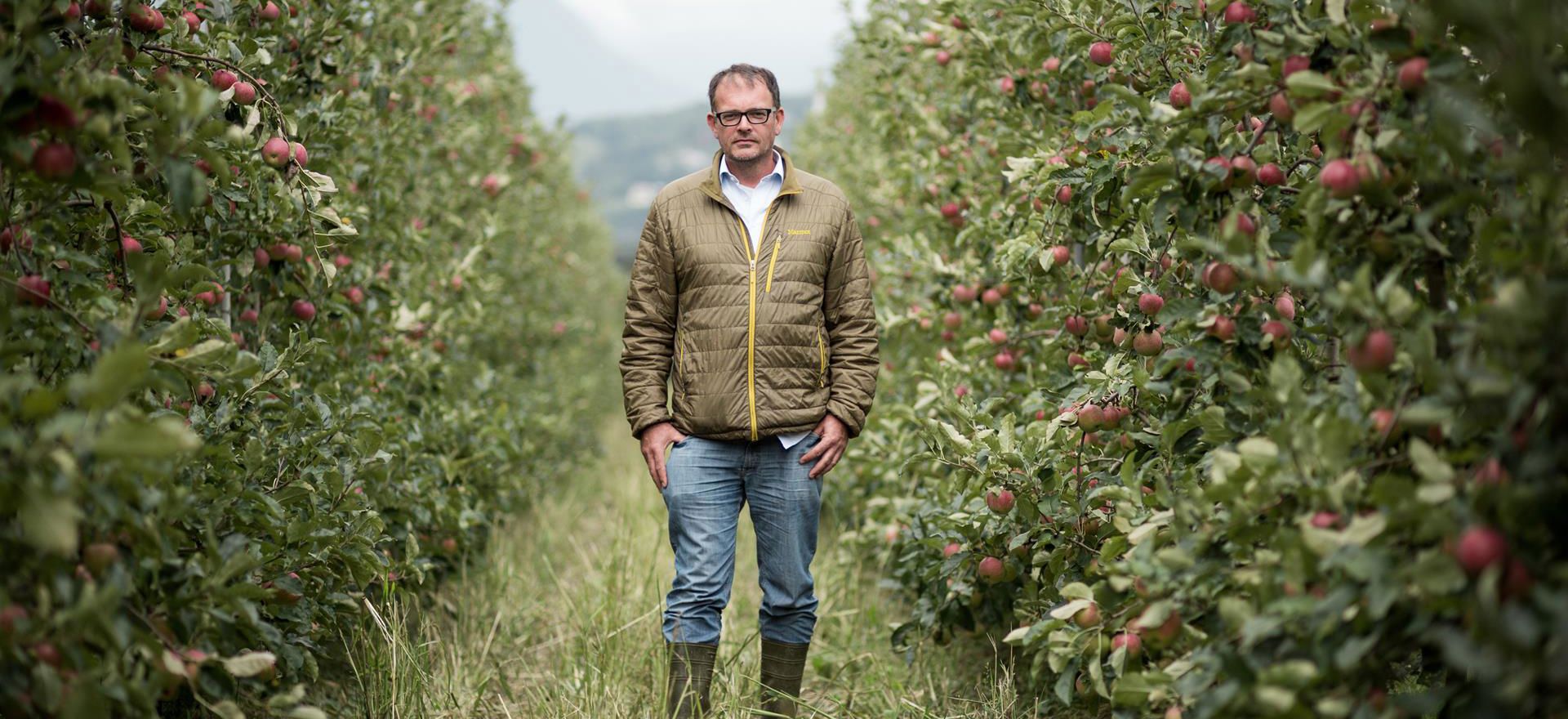2008:
Young farmer Manfred switches the farm to organic, based on the feeling that something is missing. Shortly afterwards Manfred and his girlfriend Anna pack their bags. Not to get away forever, but to recharge their batteries on a trip to South America, before the change begins. A good decision, because the transition to organic is hard work. It helps that Manfreds parents Hedwig and Gustl support him. They don't question his decision for organic, because they are happy that their youngest child is continuing the family business.
Manfred expects a lot from himself, at first not everything works out as he imagined it would. He takes courage from the meadow right next to his orchard. There he sees that it is possible to grow good quality organic apples in South Tyrol. "When you make organic, you try out a lot and try to constantly develop yourself, to learn with nature. A different way of farming is no longer an option for me," says Manfred. For some time now, apples and grapes have been growing magnificently in the organic farmer's meadows.
Manfred expects a lot from himself, at first not everything works out as he imagined it would. He takes courage from the meadow right next to his orchard. There he sees that it is possible to grow good quality organic apples in South Tyrol. "When you make organic, you try out a lot and try to constantly develop yourself, to learn with nature. A different way of farming is no longer an option for me," says Manfred. For some time now, apples and grapes have been growing magnificently in the organic farmer's meadows.


